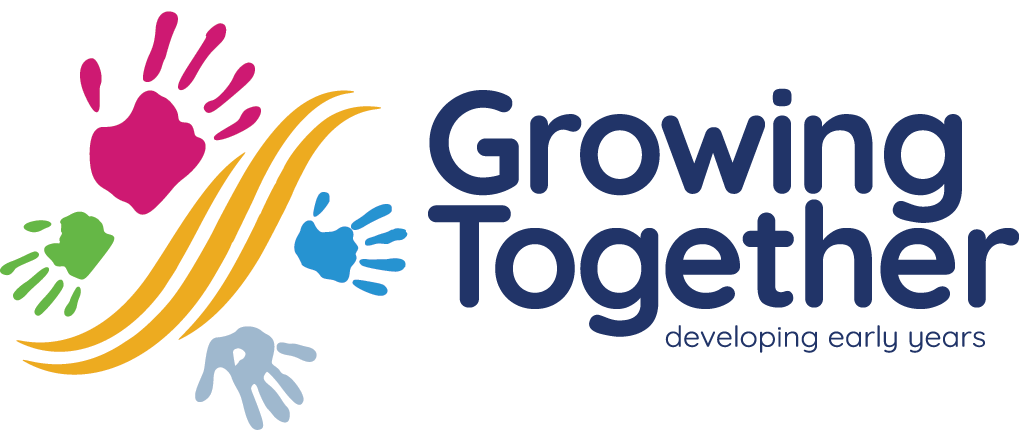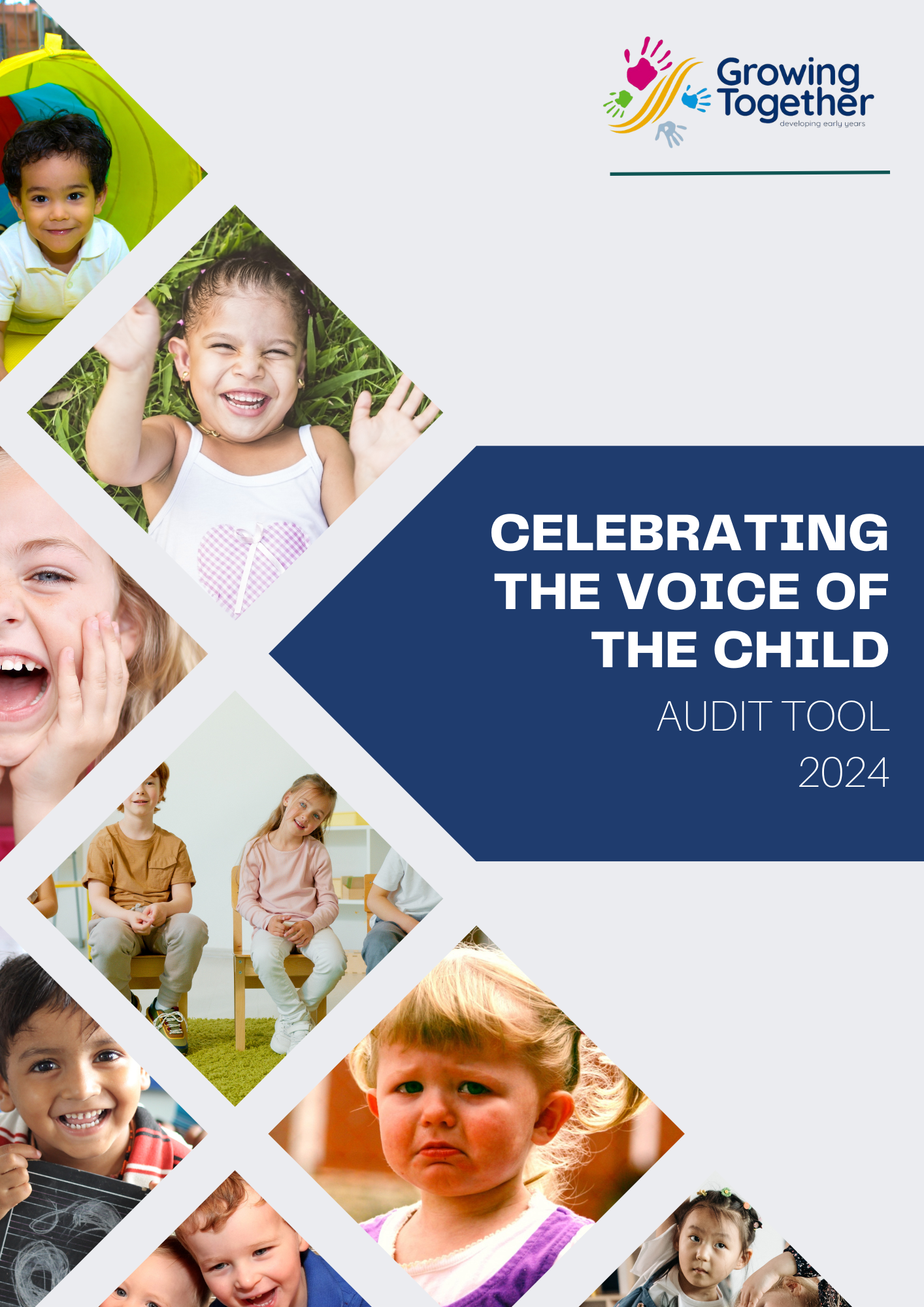Opportunities for scientific learning through cooking
Our third blog in our series for British Science Week 2023 is looking at how we can support scientific learning through participating in cooking and baking activities with children in the early years. Cooking with children is a great way of support scientific learning, from making observations, working collaboratively and developing their language skills…
In this blog we are looking at how we can support scientific learning through participating in cooking and baking activities with children in the early years. Cooking with children is a great way of support scientific learning, from making observations, working collaboratively and developing their language skills. To support specific knowledge applied to STEM (Science, Technology, Engineering and Mathematics); through hands-on practical life experiences. For example, measuring ingredients whilst cooking, learning about cause and effects, liquids and solids, changes in materials and so on.
Baking Bread with Children
Baking bread with children in early years settings used to be one of my all time favourite cooking activities to do. It is rich with supporting so many areas of learning across the EYFS (Early Years Foundation Stage), from working on those physical skills, hand-eye coordination, muscles development in arms and hands for writing, to supporting mathematical learning whilst they measure ingredients. But additionally baking bread is great for children who are learning about changes over time and cause and effect. As they learn to make observations and talk about what they see, for example, the dough rising (or growing) before popping it in the oven. The change between the dough and the cooked bread. There are lots of opportunities here for children to develop those all important STEM skills that we talk about and make connections between their observations.
Or the simple observations of the reaction that happens with yeast, warm water and sugar. Have you ever mixed your yeast with warm water in a bottle and placed a balloon over the end to see what happens? As the yeast reacts with the sugar, it lets of the gas of carbon dioxide and inflates the balloon. Find out more here.
Connections and Cooking
This years theme for British Science Week is connections. Learning about food is a great way for children to make connections in their everyday discoveries. Everyone needs food and food can be a fantastic way of opening the doors to many other areas of learning and development. For example, the British Science Week Activity Pack shares an early years activity idea for how does food get to our plate. Click here to learn more.
Cooking with children is a great way to open up discussion around food, where does it come from? How do we make the flour to go into our cakes? An endless amount of questions and opportunities that can be extended in a variety of ways from learning about how a flour mill works to planting your own vegetables in the garden to use whilst cooking. This is one of the fantastic things in the early years, we can ask those questions alongside the children, become curious learners with them and develop our own ideas.
As well as the endless connections children are going to develop whilst participating in cooking activities and learning about the ingredients, carrots are hard - tomatoes are soft. Learning about how sugar dissolves in warm water, or how mixtures change over time e.g. a cake mixture goes from a liquid consistency to a solid. What an amazing awe moment for a 2 year old? They are physically learning so much about cause and effect through these activities.
2 More Things to Try Cooking this British Science Week
Chocolate Shredded Wheat Nests
Observe and talk about:
What happens to the chocolate when it gets warm?
Why is the chocolate melting?
What will happen if we put them in the fridge?
What happens to the chocolate when it cools down?
Vegetable Soup
Observe and talk about:
Where do all the vegetables used come from?
Talk about vegetable properties, how do they grow?
Talk about what happens to the vegetables as you cook them.
How does the soup change in consistency?
This blog was originally published for British Science Week 2023 and was updated September 2025. We regularly review our blog posts to ensure that they are up to date and remain useful.
What is high scope educational approach? And how to use it to support children’s learning?
High scope educational approach is an educational approach form the US and part of the approach is the daily routine off plan, do and review. It can be very beneficial to scientific learning and development and may be an approach that you want to consider introducing as part of your Science, Technical, Engineering and Maths (STEM) or early years curriculum.
Our second blog post for British Science Week 2023 (#BSW23) is looking at how we can start with a question to support scientific learning in the early years. We will also be exploring aspects of child-led learning, as they develop their own questions and we work with children to support this area of enquiry led learning. And think about the lessons we can learn to support scientific learning from the influential work of the High Scopes approach of plan-do-review with children.
What is the high scope educational approach?
High scope educational approach is an educational approach form the US and part of the approach is the daily routine off plan, do and review. It can be very beneficial to scientific learning and development and may be an approach that you want to consider introducing as part of your Science, Technical, Engineering and Maths (STEM) or early years curriculum.
What are the stages of a high scope educational approach routine?
Plan - this is the children’s opportunity to talk about and share what they would like to do today and how they are going to do this.
“Today I am going to build.” Said Owen. “Oh, fantastic, what are you going to build?” asked the teacher. Owen replies, “A bridge for the trucks!”
Do - is the child’s exploration and play as they go off and do whatever action they have planned.
Owen played in the construction area. He explored arranging blocks and making a bridge. He persevered as blocks feel and tried again to rearrange, until he was successful. He used planks to make the sides of the bridges and pushed the trucks along. When he pushed the truck down, he found it tipped and said, “Oh dear!” He explored different heights and gradients until he could roll the truck down, without it tipping over.
Review - is the opportunity to discuss, what they have learnt, how well they activity went, what could they do next and so on.
When asked what he learnt today, Owen said, “It tipped when too high!”. The adult repeated back to him and added “yes, the truck rolled when the bridge was high and steep! What are we going to do next time!” Owen paused and replied “make it longer!” pointing to the incline of the bridge.
A recording of our webinar, STEM and Traditional Tales in the Early Years. In the past 5-10 years there has been an increasing focus on STEM in education, but not such a focus on STEM being incorporated into the early years. This webinar looks first at what we mean by STEM. Followed by looking at how we can use beloved traditional tales for a basis for STEM activities, provocations and stimuli. Bringing our passion for traditional tales and science together to create beautiful learning opportunities.
What is a K-W-L Chart? And how does it connect with the high scope educational approach?
Sometimes within the UK we might use what we refer to as a K-W-L chart to support this process of plan-do-review. This is where for topics or new areas of interest we start with what we know, what we want to learn (where we articulate our questions and things that we want to do), we go off and do and then we review what we have learned.
For example, if our topic is apples, we might know apple seeds grow into apple trees but we might want to know how? And then after some activities, exploration planned activities, hopefully we will be able to show what we have learned about the life cycle of an apple.
Applying learnings from research done to create the High Scope Educational approach
Although, plan-do-review is only a part of the daily routine for High Scope Educational approach there are many benefits that have been tracked through the study of the approach. The High Scope Perry Preschool Study is a longitudinal story that has monitored children through their childhood and into adulthood who were living in poverty.
Below are some comparative statistics sharing the figures from the High Scope Approach Research (2023), where two control groups have been compared those within and not in the High Scope Program:
This shows us that there is a clear positive impact of the High Scope Program, that focused on working with those in poverty. We should consider the impact of the lessons we can learn from the success of the High Scope Approach and lifelong outcomes for children/adults. And we need to consider how the High Scope Philosophy, (High Scope 2023, p.6); how can be translated into our curriculum programs?
“Philosophy. The High/Scope educational approach (Hohmann & Weikart, 2002) rests on the fundamental premise that children are active learners, who learn best from pursuing their own interests while being actively supported and challenged by adults”
You may read the philosophy and consider, our approach already has those fundamentals, we see children as active learners, we encourage questions and being child-led and we support them through positive relationships. All fundamental ideas of the Early Years Foundation Stage in UK. But I do challenge you to consider, how much do we push our topics or interests on the children, or how much does routines, subjects or even lessons get in the way? How active do we really allow the children to be in their learning? Do we still see learning sometimes as instructional and the imparting of knowledge from a teacher? What do we really consider the role of the adult in early years settings to be?
How to use the high scope educational approach to ensure child led learning?
The High Scope Approach is fundamentally child-led learning. The daily routine aspect of the approach of plan-do-review is grounded in allowing children to take the lead in their learning. To ask their own questions, to follow them up, to be responsive to their ideas and thoughts with a skilled practitioner alongside them guiding, responding and collaborating.
What does that look like in reality? Careful observation, listening and tuning into the children and what they are doing, saying and thinking. It is us allowing the children to lead without hesitation, and being mutual partners in learning, where we co-construct ideas, we engage in ‘sustained-shared thinking’ and build on ideas together. In my view where there isn’t the normal teacher-child dynamic, where the teacher is superior; but rather where we approach a task as equals on a quest or journey together.
Balancing planned activities with in the moment planning
A word of caution when being child-led in practise. Remember that the children may have different ideas to us, and that is completely okay. So, we may observe something and think, I know we can plan to do x-y-z, but then it comes to doing it and the children are not interested but have rather gone in different direction. They may still do your planned idea, or they may show no interest and that is fine! Stand back observe and ask the children what they would like to do next and tune back into following their agenda of learning; this doesn’t mean our adult-led plans and ideas are bad. And I personally think there is time and space for both, but don’t beat yourself up when you realise their wonderful brains have gone in a different direction to your fabulous brain. They have just made different connections and it’s kind of incredible really!
Frequently asked questions
What is child-led learning?
Maria Montessori was a key advocate for child-led learning. This is where the children control the narrative of their learning and the direction in which it goes in. It is very much about the child being in control of learning in a well-planned and prepared environment, where the role of the adult (or teacher) is to facilitate their learning’ whilst allowing them to lead, problem-solve and think of ideas for themselves.
Why is autonomy important?
When children have more autonomy over their play and learning (remember play is learning!!) and are given the opportunity to follow their intrinsic motivations and interests we see higher levels of learning from our children, increased concentration and we will also see lots of STEM skills coming through naturally in their play.
What are the key benefits of the high scope educational approach?
· Supports early STEM skills.
· Promotes children’s cognition and communication and language development.
· Improves educational outcomes.
· Improves lifelong outcomes for children e.g. employability, reduces criminal activity.
What does STEM in the early years mean?
STEM in the early years is cross-curricula learning across subjects of Science, Technology, Engineering and Mathematics. It fits with the understand of early years philosophy and viewing learning as holistic, where are all areas of learning are intertwined and happen together.
What do you mean by in the moment planning?
In the moment planning is sometimes referred to responsive planning. This is when skilled educators working with children plan in real-time to support and extend children’s learning and development.
And how you effectively do in the moment planning?
Getting comfortable with in the moment or responsive planning can take practice. We need to observe, listen and accept that we are learning alongside the children and don’t have to know all the answers. Be curious alongside them, ask questions, without knowing the answer. Be willing to go with the flow and completely change the lovely written plans or ideas that you had for the day and be flexible. Have an enabling environment that has open-ended resources, so that you can easily pursue ideas and investigate in a responsive way.
Thank you so much for reading our second blog for BSW23. We hope you are enjoying and finding them interesting, please do like, share with colleagues and comment. Follow us for our next blog post in our BSW23 series that will look at scientific learning and cooking.
Blog post updated 11.11.2025.
Written by Pauline Milsted (Director of Growing Together)
With children’s mental health week 2024 focusing on the theme ‘My Voice Matters’. We have developed an audit resource to be used in early years settings to ensure that we are capturing the voice of the child through our practice. This tool has been designed to support early years staff reflections and evaluations that can feed into the continuous development of the setting.
This audit tool contains 3 easy to use audits, breaking it down into bitesize chunks.
Key Person Voice of Child
Enabling Environment Voice of Child
Safeguarding Voice of the Child
This document comes in a pdf, allowing you to print and use the pages as and when you need them.









